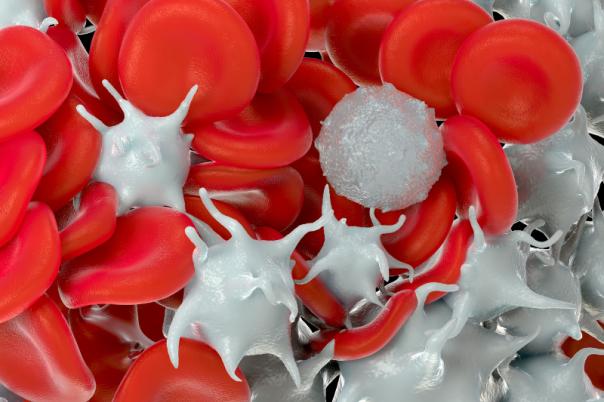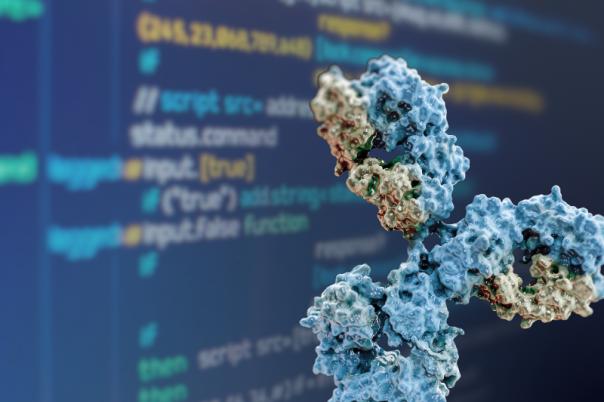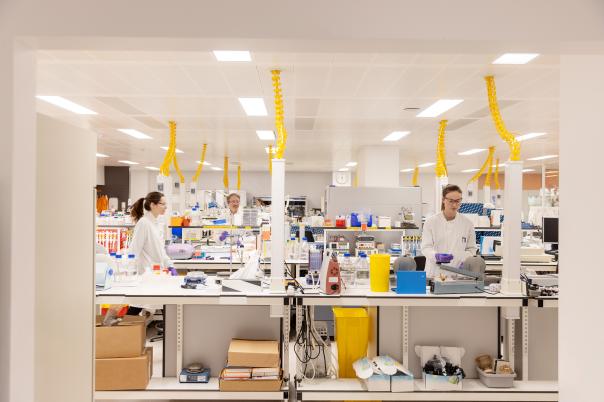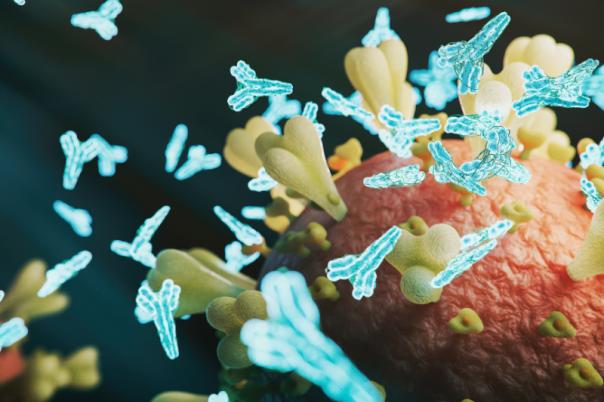Because T cell receptors (TCRs) can sense HLA peptides, they have the unique ability to probe for phenotypes covering over 90% of the human proteome. This is a huge advantage compared to antibody-based therapies which can only probe for cell-surface proteins. The concept allows for drug developers to probe for specific tumour or disease-associated phenotypes, unlocking more targets than ever before.
To harness this, Immunocore are developing soluble TCR bispecific therapeutics for various indications. They take the membrane-bound TCRs, and affinity mature them to the target HLA peptide, then they fuse it to an immune engager so that it can interact with and activate human T cells.
In 2022, Immunocore’s drug Tebentafusp was approved to treat uveal melanoma. Since then, the drug has demonstrated clinical benefit over checkpoint inhibitors to that challenging disease. The data suggests that eight hours after the first dose of Tebentafusp, there is a massive escalation of pro-immune cytokines and a subsequent tumour infiltration of T cells 16 days after administration.
One challenge associated with targeting HLA peptides is HLA restriction. All humans have polymorphic HLA genes, which means that the drugs targeting those genes need to be specific to that polymorphism. Immunocore targets the A*02 polymorphism as it is the most common. However, they wanted to go further and develop a drug which could address the clinical needs of all patients.
To do this, they explored gamma delta T cells, which can target polymorphic genes and have shown potential against colorectal cancer. Here, Immunocore collected biopsies from tumour tissues, isolated the gamma delta T cells, sequenced their TCRs, and then investigated what are the TCRs were binding to.
The team were able to isolate a gamma delta TCR that was able to recognise about 70% of CRC cancer cell lines and patient-derived organoids. Using CRISPR screening to deconvolute the target, they found that gamma delta TCRs recognised a protein target that was specifically modified by post-translational modification.
Machine learning was employed to analyse small datasets of cancer cell lines to predict drug responsiveness, enhancing the understanding of TCR reactivity and aiding in patient stratification. The research indicates potential risks associated with reactivity in non-cancerous tissues, emphasising the need for careful preclinical assessments as Immunocore continues its development of TCR therapies.






